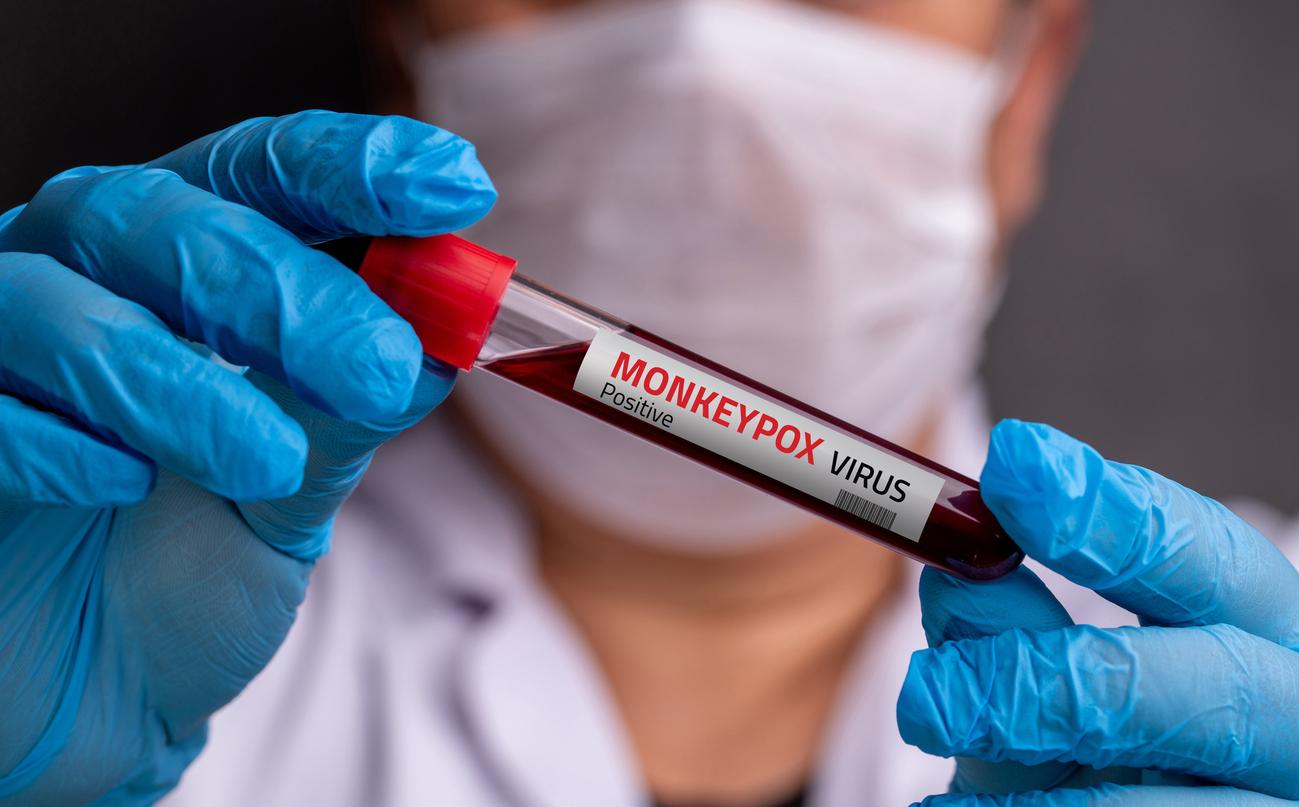Since the first cases of zika virus were detected, last December, in Martinique 102 cases were confirmed, in Guyana, 45 cases, while Guadeloupe and Saint-Martin recorded only one case each. In this context, the High Council for Public Health (HCSP) is today publishing a precautionary notice for pregnant women. It is almost certain that there is a causal link between the resurgence of cases of fetal microcephaly or neonatal and maternal zika virus infection.
Steps to follow in case of pregnancy
• For pregnant women, medical monitoring and enhanced care will be implemented in epidemic areas.
• In case of ultrasound discovery ofbirth defects , it will be necessary to quickly carry out an assessment to define the cause. The patient will then be referred to a Multidisciplinary Center for Prenatal Diagnosis (CPDPN) for an assessment of the fetal disorder, the possible consequences of which will be explained to her.
• Pregnant women or women planning to become pregnant are recommended to consider postponing their travel plans to areas where zika virus is rampant, or, in any case, to consult a doctor before departure to be informed about the complications that may arise during an infection with this virus.
• Pregnant women who cannot or do not want to postpone their journey must strengthen protective measures, especially during the day because the mosquito vector of zika has an essentially diurnal activity.
• In the event of clinical signs suggestive of an infection by the Zika virus, it is recommended to consult a doctor as soon as possible, during the stay or on your return.
There is no cure or vaccine. Treatment is therefore symptomatic (treatment of fever in particular). But beware : aspirin use is strongly discouraged due to the risk of bleeding.
Read also :
Zika: a risk of transmission in mainland France
How to protect yourself from mosquitoes
Video: how do mosquitoes bite us?
















